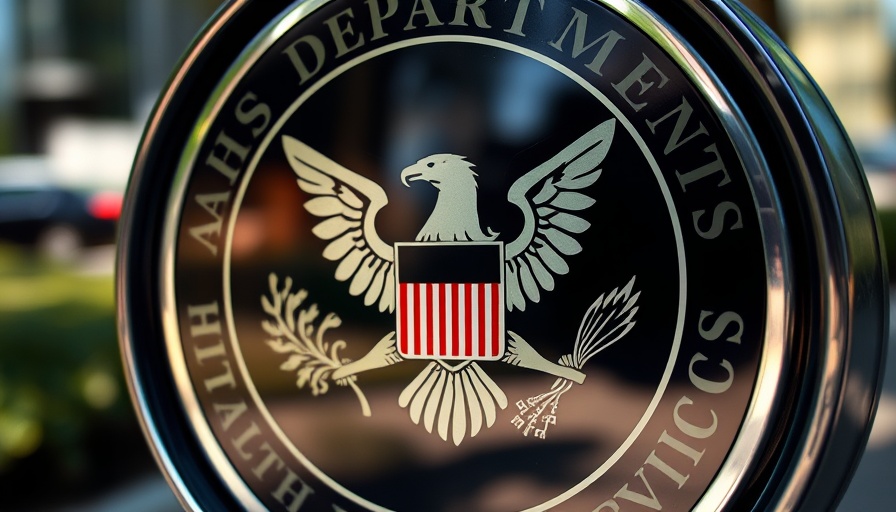
HHS Takes Bold Step to Revive Confidence in Vaccines
The U.S. Department of Health and Human Services (HHS) is shaking things up in the world of public health. Recently, HHS removed all 17 members of the Advisory Committee on Immunization Practices (ACIP) to address growing public skepticism regarding vaccine recommendations. Under the leadership of HHS Secretary Robert F. Kennedy Jr., this overhaul signifies a commitment to transparency and scientific integrity in vaccine recommendations.
A New Era for Immunization Recommendations
According to Secretary Kennedy, the aim is to prioritize the restoration of public trust by ensuring that health decisions are not influenced by conflicts of interest. He stated, “Today we are prioritizing the restoration of public trust above any specific pro- or anti-vaccine agenda.” This decision comes in alignment with President Trump’s executive order to reestablish advisory committees that stand independent from external pressures.
What Prompted Such a Major Change?
The call for an overhaul stems from a waning confidence in health regulators that has plagued the public health landscape, particularly during the ongoing pandemic era. Kennedy emphasized that only through 'radical transparency' can the HHS earn back the integrity it once held. The committee directly influences national immunization schedules—a critical factor in public health decision-making—which adds weight to the significance of this change.
Understanding the Implications of the Advisory Committee’s Composition
Experts have pointed out that 13 of the previously seated ACIP members were appointed during the Biden administration, raising questions about partisanship within the committee. The new cadre of committee members is expected to focus on evidence-based medicine and prioritize public health over corporate agendas.
Future Predictions: Will Trust be Restored?
The question on many people's minds is whether this significant reboot will be enough to restore confidence among hesitant vaccine recipients. Data from various studies reveal that trust in healthcare systems often hinges on perceived transparency and effectiveness. As the new ACIP convenes in June, experts hope that their recommendations will reflect an unbiased stance that resonates with the public.
Actionable Insights for a Healthier Future
As the changes take root, individuals can actively contribute to public health by seeking information from reliable sources, engaging in community dialogues about immunization, and advocating for a transparent healthcare system that prioritizes science over politics. Public engagement in health decisions can play a vital role in shaping future policies.
Conclusion: Moving Toward Transparency in Health
The recent overhaul of the ACIP is not just a revision of leadership but a pivotal moment in the ongoing quest for transparency and trust in healthcare. As we look forward to the committee's new findings, a proactive approach from the public in learning about vaccines and wellness can strengthen this journey toward restored confidence in both science and public health initiatives.
 Add Row
Add Row  Add
Add 




Write A Comment